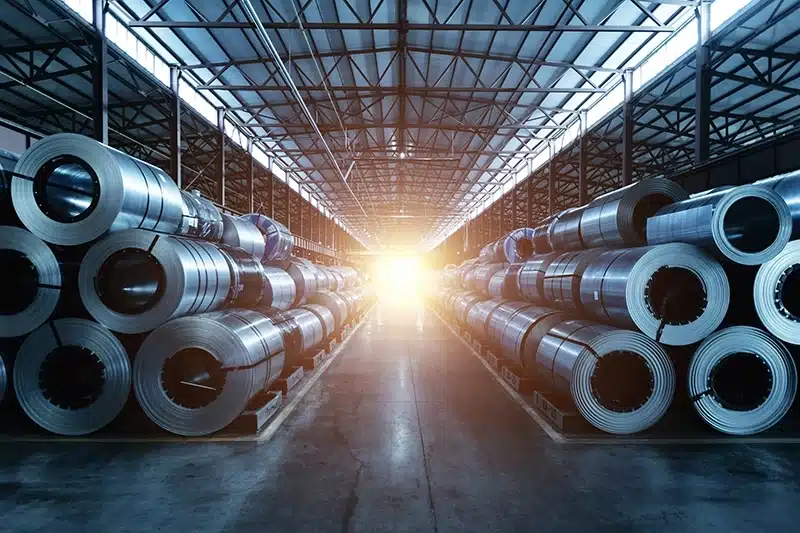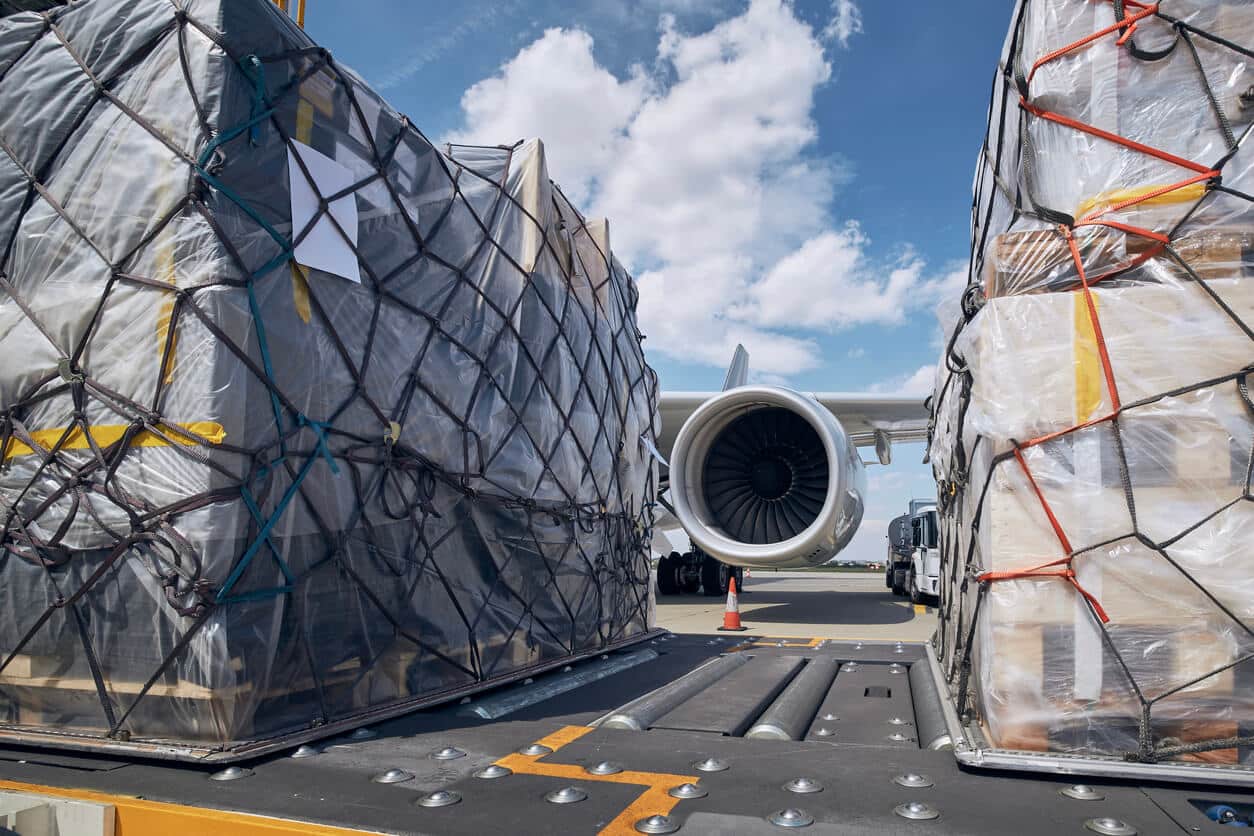Across Europe, supply chains are under constant pressure to move faster, comply with tighter regulations…
November 2, 2023
Steel and iron import products restrictions: what the new sanctions against Russia and Belarus mean for your business
In response to the war against Ukraine, the EU and UK have imposed huge sanctions against Russia and Belarus, the like of which have not been seen before.

What are the new Russian sanctions?
The new sanctions on Russia mean that, as of September 30, 2023, the importation of steel and iron products is subject to much tighter controls. It must now be proved that, if processed in a third country, the materials contained have not originated from Russia.
The EU has also imposed sanctions on Belarus, for its involvement in Russia’s invasion of Ukraine, and on Iran over the supply of drones to Russia.
Currently, European entities cannot sell certain products to Russia (export restrictions) and Russian entities are not allowed to sell certain products to the EU (import restrictions).
Who do the new sanctions affect and what might this mean?
Currently, steel & iron products of HS code starting HS 7206 to 7229 or HS 7301 to 7326 are affected by these sanctions.
You must request evidence from any suppliers you deal with, that any steel- and iron-related items sourced have not originated from Russia.
To prove the technical specifications of your steel- and iron-related products, the best form of proof is a Mill Test Certificate (MTC). This MTC must accompany every imported consignment containing steel or iron, alongside/or a declaration clearly stated on the invoice that the steel or iron products* do not contain any material content of Russian origin.
The importer is responsible for the information provided in the MTC, and it is possible that, even with an MTC, the authorities might ask for further information.
What happens if the new import rules are not met?
In the first instance, this will result in import delays – and the authorities may require further evidence to prove the origin of your imported steel or iron product.
You can avoid these delays by taking immediate action and contacting your suppliers to ask for the required proof and/or paperwork. If you’re not sure if the new sanctions will affect you, seek advice from your Export Customs office, or, for import into the UK, go to www.ilb.trade.gov.uk.
How will this affect Carousel Logistics’ customers?
Since 2019, the scope and intensity of sanctions on Russia and Belarus has increased to include many products that Carousel’s clients export and import.
If a customs authority queries the declarations, you will have to prove the origin of your goods through suppliers’ declarations and/or certificates of origin.
We have specifically received questions from EU and UK customs authorities on the origin of goods classified under HS Commodity Codes 72 and 73 (although it should be noted that other commodity codes also have sanctions in place).
The point at which these queries are being raised is when export declarations with origin code QU/QY are being completed in the EU and are due to be imported to the UK. The UK authorities will not accept origin codes QU/QY, so customs declarations in the UK cannot be completed without a recognised ISO 2 code data set.
In the absence of this, goods are being held until the correct origin code can be provided by the importer of record.
Please make sure you are aware of all the current sanctions and policies, to avoid any delays with your imports and exports. You can find more information below.
UK sanctions relating to Russia – GOV.UK (www.gov.uk)
EU sanctions against Russia explained – Consilium (europa.eu)


